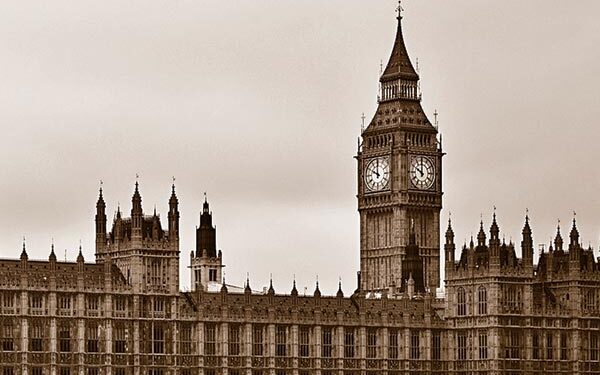The following are the excerpts of the proceedings in the House of Commons on the agreement with Tata Steel
The scrap does exist and we recognise that electric arc furnaces produce a particular kind of steel, which is why it is important to have a virgin steel sector here in the UK as well

Kerry McCarthy (Lab)
I WOULD have hoped to hear a rather more robust defence from the Minister of the need to reach net zero and of the massive job opportunities that will come from pursuing a green agenda, as we have seen from what is happening with the Inflation Reduction Act in the States.
I visited Port Talbot last month during the recess, and I echo what the constituency MP, my hon. Friend the Member for Aberavon (Stephen Kinnock), said about the importance of the site and of continuing to support jobs there.
Concerns were raised with me about the availability of scrap and how difficult it is to recycle and retrieve scrap metal. There does not seem to be any strategy from the Government for dealing with that. Can the Minister tell us what she intends to do, working with her colleagues in other Departments, to achieve that?
Ms Nusrat Ghani
As I mentioned, just shy of 9 million tonnes of scrap could potentially be used at the site. Tata has put together a substantial package, which shows that it has thought through its supply chains. A huge amount of work will continue to take place to ensure that more information is put in the public domain. No doubt there will be more public tenders, too. The scrap does exist and we recognise that electric arc furnaces produce a particular kind of steel, which is why it is important to have a virgin steel sector here in the UK as well.
I have spoken about the environmental impact and how it helps us to reduce our emissions, but it is not only about that. This site was reaching the end of its life, and these negotiations have been taking place forever. It is important that we made sure that we had the certainty and support to move on to the next conversation on how we best exploit the new site to produce cleaner, greener steel and how we make sure the contracts are in place.
Jonathan Edwards (Ind)
Understandably, there has been much focus on the potential job losses at the Port Talbot plant, but the steelworks is an anchor operation supporting a vast supply chain across Wales and beyond. The Minister mentioned that Tata Steel is making an assessment, but what assessment have the UK Government made of the impact of the announcement on the wider supply chain?
Ms Ghani
The hon. Gentleman is right that the sector has a vast supply chain, and we know how important it is for UK manufacturing. Last week’s data show that we are the world’s eighth largest manufacturer, so supply chains are imperative. I am also working on an import supply chain strategy to ensure that we are as resilient as possible when importing from countries that may not share our democratic values. Work has been done internally on the supply chain.
To secure the money in this package, Tata had to ensure it had a business plan and sight of its supply chains. This work has been ongoing for quite some time, and a lot of it has been commercially sensitive. Now we are able to speak about it, I do not doubt that more will be made public. We will continue to work on the supply chains, and I hope to put forward the import supply chain strategy by the end of the year.

Bill Esterson (Lab)
The UK is the only country in the G7 in which steelmaking is in decline. We need to be honest with ourselves that the job losses announced at Tata are a further continuation of that decline.
The Minister said there have been ongoing negotiations for a very long time on the switch to electric arc production, and she has been asked a number of times about the supply of scrap. Why is she not able to tell us that she has a plan to end the export of scrap steel and to secure its use for electric arc production in the UK, now that this decision has been announced?
Ms Ghani
The hon. Gentleman’s opening comment is factually incorrect. He says we are the only country in decline, which is not true. French production has declined by 21%, German production has declined by 13% and Italian production has declined by 12%. It is appropriate to make sure we are accurate in setting the scene. His opening comment was wholly inaccurate.
These commercial decisions are based on business plans and Tata’s relationship with is supply chain. The hon. Gentleman was with me at the event in Parliament last week or the week before, and we have put together a procurement policy note to ensure that we have more UK steel in our supply chains, and definitely in Government contracts. I will continue to do my best to ensure that the number goes on the opposite trajectory to steel produced in the rest of Europe.
















